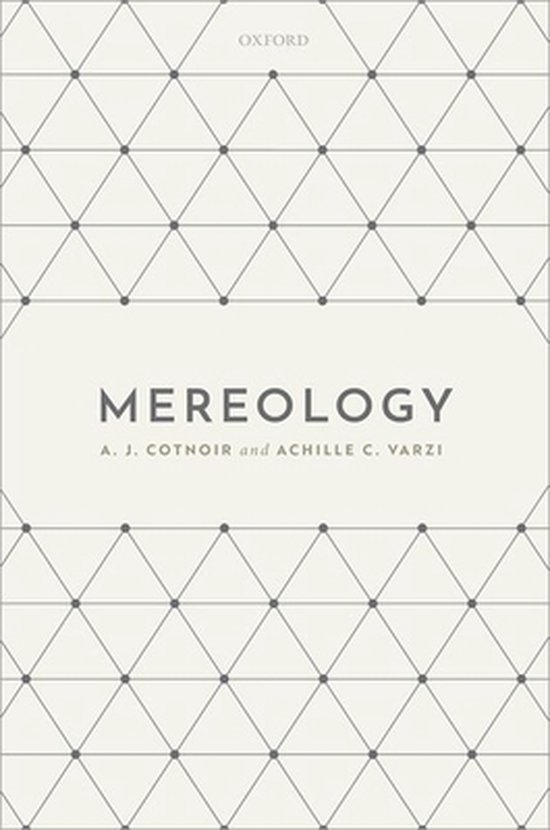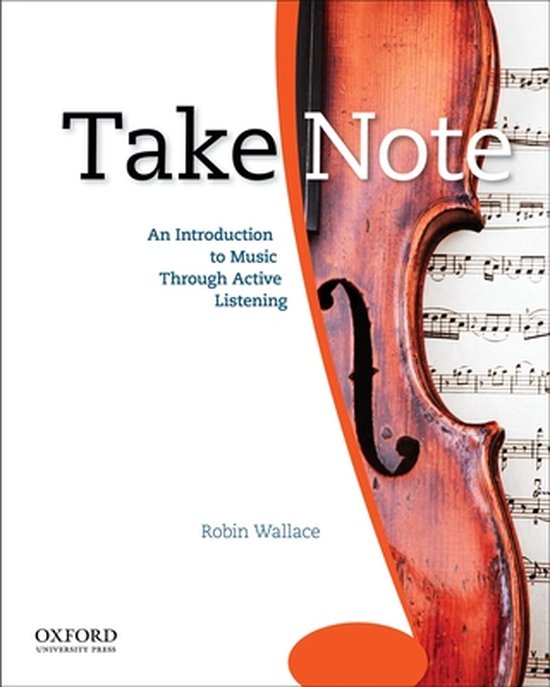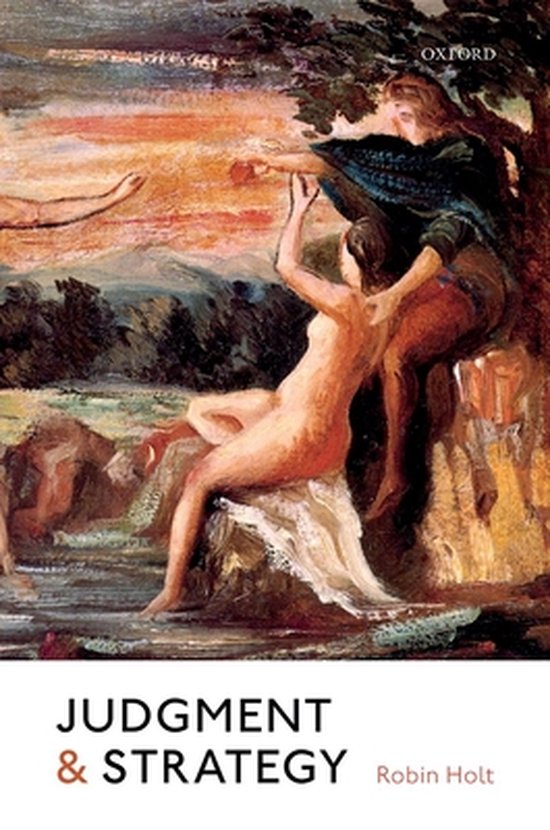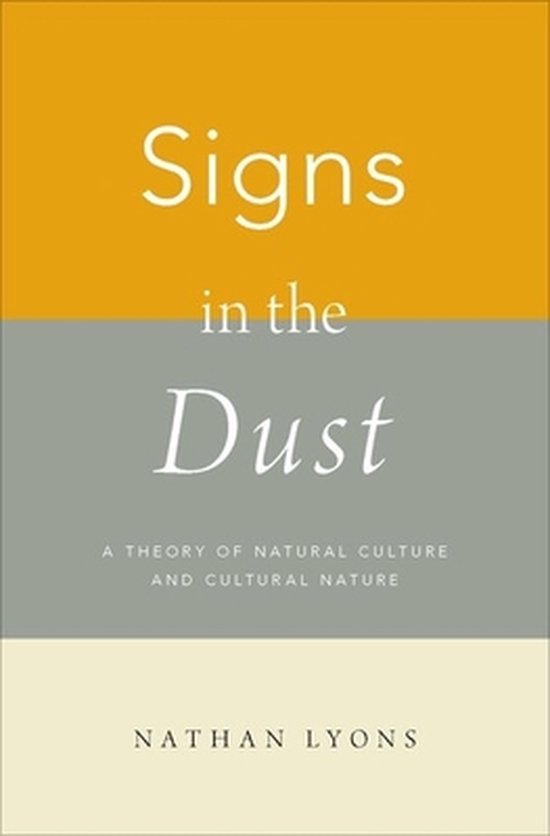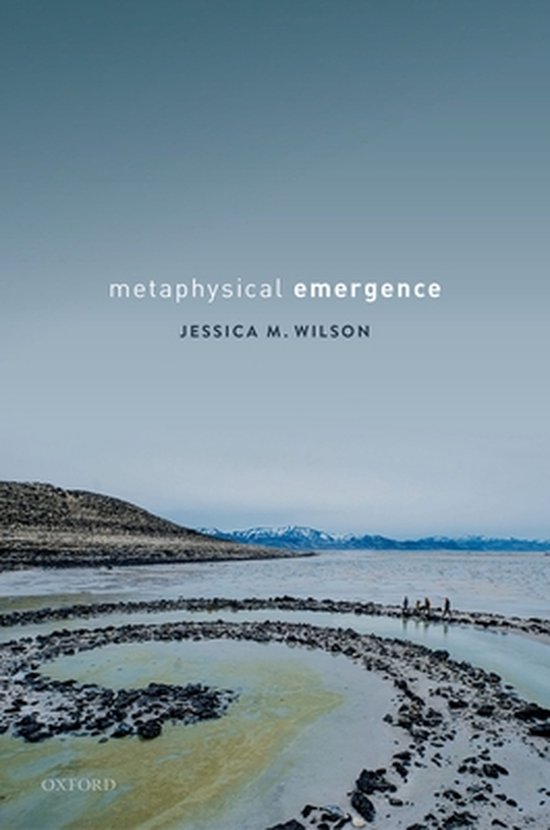
Metaphysical Emergence
Metaphysical Emergence provides a detailed analyses of two ways for phenomena to be grounded in and yet distinct from underlying physical reality, and brings this to bear on a number of live debates in metpahysics, including those concerning consciousness and free will.
Both the special sciences and ordinary experience suggest that there are metaphysically emergent entities and features: macroscopic goings-on (including mountains, trees, humans, and sculptures, and their characteristic features) which depend on, yet are distinct from and distinctively efficacious with respect to, lower-level physical configurations and features. These appearances give rise to two key questions. First, what is metaphysical emergence, more precisely? Second, is there any metaphysical emergence, in principle and moreover in fact? Metaphysical Emergence provides clear and systematic answers to these questions. Wilson argues that there are two, and only two, forms of metaphysical emergence of the sort seemingly at issue in the target cases: 'Weak' emergence, whereby a dependent feature has a proper subset of the powers of the feature upon it depends, and 'Strong' emergence, whereby a dependent feature has a power not had by the feature upon which it depends. Weak emergence unifies and illuminates seemingly diverse accounts of non-reductive physicalism; Strong emergence does the same as regards seemingly diverse anti-physicalist views positing fundamental novelty at higher levels of compositional complexity. After defending the in-principle viability of each form of emergence, Wilson considers whether complex systems, ordinary objects, consciousness, and free will are actually metaphysically emergent. She argues that Weak emergence is quite common, and that there is Strong emergence in the important case of free will.
Both the special sciences and ordinary experience suggest that there are metaphysically emergent entities and features: macroscopic goings-on (including mountains, trees, humans, and sculptures, and their characteristic features) which depend on, yet are distinct from and distinctively efficacious with respect to, lower-level physical configurations and features. These appearances give rise to two key questions. First, what is metaphysical emergence, more precisely? Second, is there any metaphysical emergence, in principle and moreover in fact? Metaphysical Emergence provides clear and systematic answers to these questions. Wilson argues that there are two, and only two, forms of metaphysical emergence of the sort seemingly at issue in the target cases: 'Weak' emergence, whereby a dependent feature has a proper subset of the powers of the feature upon it depends, and 'Strong' emergence, whereby a dependent feature has a power not had by the feature upon which it depends. Weak emergence unifies and illuminates seemingly diverse accounts of non-reductive physicalism; Strong emergence does the same as regards seemingly diverse anti-physicalist views positing fundamental novelty at higher levels of compositional complexity. After defending the in-principle viability of each form of emergence, Wilson considers whether complex systems, ordinary objects, consciousness, and free will are actually metaphysically emergent. She argues that Weak emergence is quite common, and that there is Strong emergence in the important case of free will.
| Auteur | | Jessica M. Wilson |
| Taal | | Engels |
| Type | | Hardcover |
| Categorie | | Wetenschap & Natuur |
